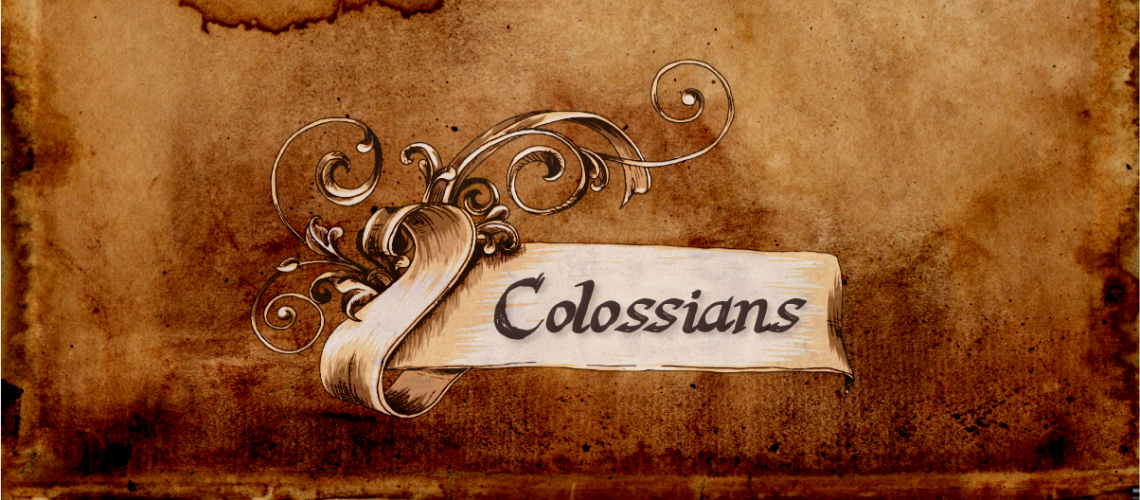Don’t Let Anyone Disqualify You
Elaine Poproski Download: Audio
Sunday Scripture Reading: Colossians 2:16-23 (NRSV)
16 Therefore do not let anyone condemn you in matters of food and drink or of observing festivals, new moons, or sabbaths. Read more…
Looking to Sunday: Preparing to Hear From God
by Elaine Poproski
First century Jews had a lot of rules to follow. There were foods they were allowed to eat, foods they weren’t allowed to eat, foods they were allowed to eat so long as they were prepared in a particular way, and foods they were allowed to eat so long as they weren’t eaten alongside certain other foods. There were sacrifices to be made, some at set times in the calendar and others at set times in a person’s own life. There were some people with whom contact was permissible and others who were untouchable. There were times to work and times when work was prohibited. The list of what was and was not permissible in first century Jews was long, complicated, and absolutely essential if the Jewish people were to maintain their set-apart status as God’s chosen people while living dispersed throughout the world.
One of the biggest challenges that faced the earliest Christian churches was that of figuring out what it looked like for Gentiles (anyone not Jewish) to join what was initially understood to be an off-shoot of Judaism. Gentile Christians claimed to have been grafted into Israel’s distinctive heritage because of Christ. In Ephesians, Paul wrote it this way: the Gentiles have become fellow heirs, members of the same body, and sharers in the promise in Christ Jesus through the gospel (Ephesians 3:6). Similarly, in Paul’s letter to the Romans, Paul describes the Gentile Christians as branches grafted onto Israel and therefore sharing in Israel’s ‘riches’ (Romans 11). This idea was challenging enough for Jewish Christians to accept. But it became even more difficult when those Gentile Christians claimed to have a part in Israel’s heritage without any of the responsibility to follow the laws and traditions that marked Israel as distinct among the nations. This is what’s behind the part of Paul’s letter to the Colossians we’ll be reading on Sunday (2:16-23).
Our church (and most other churches in Canada in the 21st century) doesn’t share the Jewish-Gentile challenge of the earliest churches. But I wonder if we don’t have our own, parallel challenges. There was a time not so long ago in Canada’s history, when churches mostly consisted of people who’d grown up in the church. But as time went on, fewer and fewer people in our country have identified as Christian. Fewer and fewer people in our country have any familiarity with Christianity or church at all. As a result, the cultural divide between those who grew up in the church and those who did not is widening. And I wonder if, just as Jewish Christians needed to stop disqualifiying Gentile Christians based on their failure to follow the Jewish Law (see Colossians 2:18 and Romans 14:13), there might be rules in western church culture that have been used to similarly disqualify non-churched Christians.
As you prepare for Sunday, I invite you to think about the rules, both explicit and implicit, in Canadian church culture. Maybe do some thinking about the rules in Walmer’s church culture as well. As you try to identify these rules, spend some time asking God if any of those rules are inadvertently disqualifying the Christians among us who aren’t part of Canadian church culture or even Walmer culture. And if you aren’t part of Walmer’s culture or especially don’t have a history being part of church culture in Canada, what have you noticed about the rules that seem weird or strange to you? Are the rules you’ve noticed making it more difficult to live and grow in your faith or are they encouraging you to grow in your faith?

